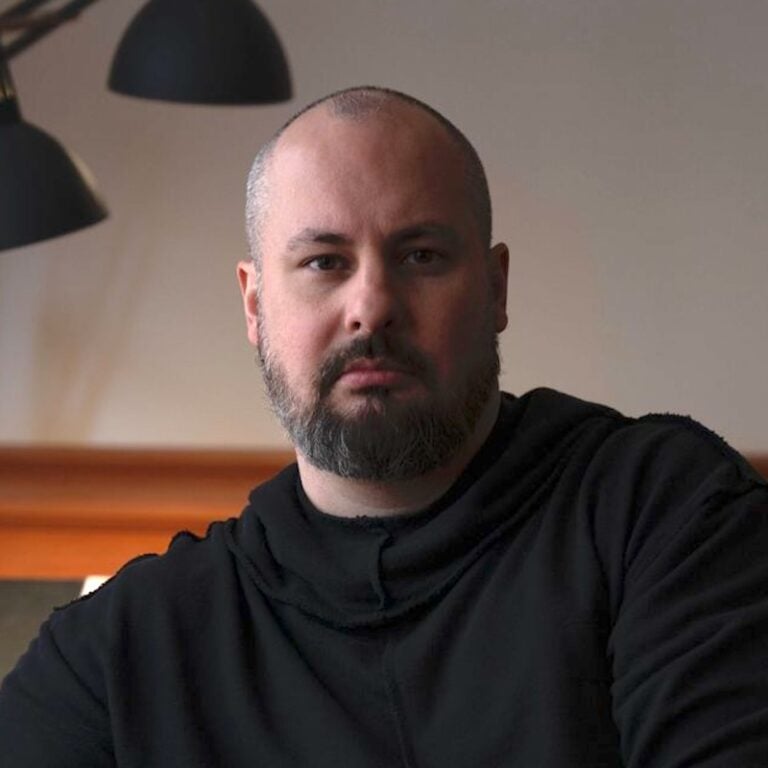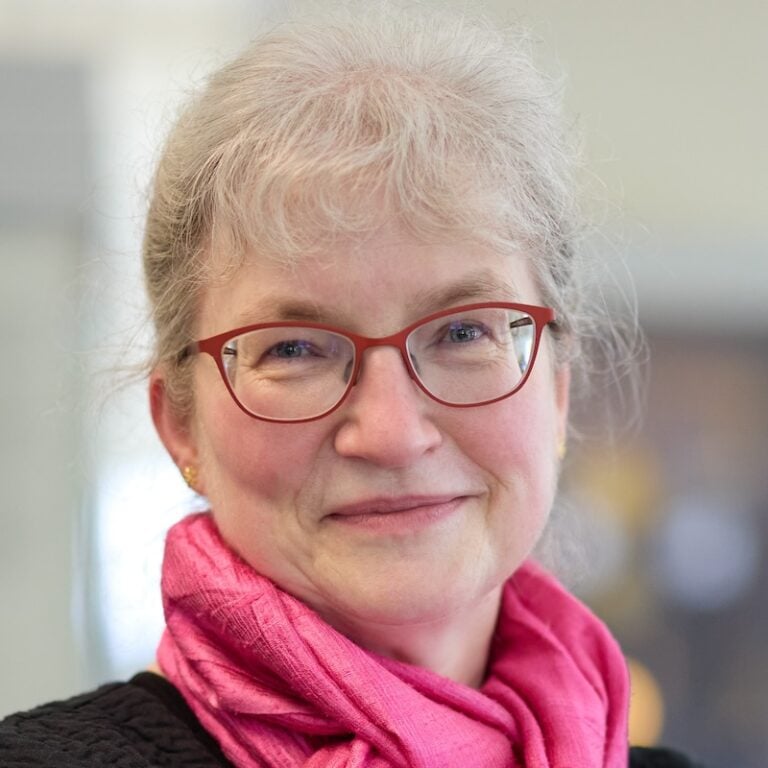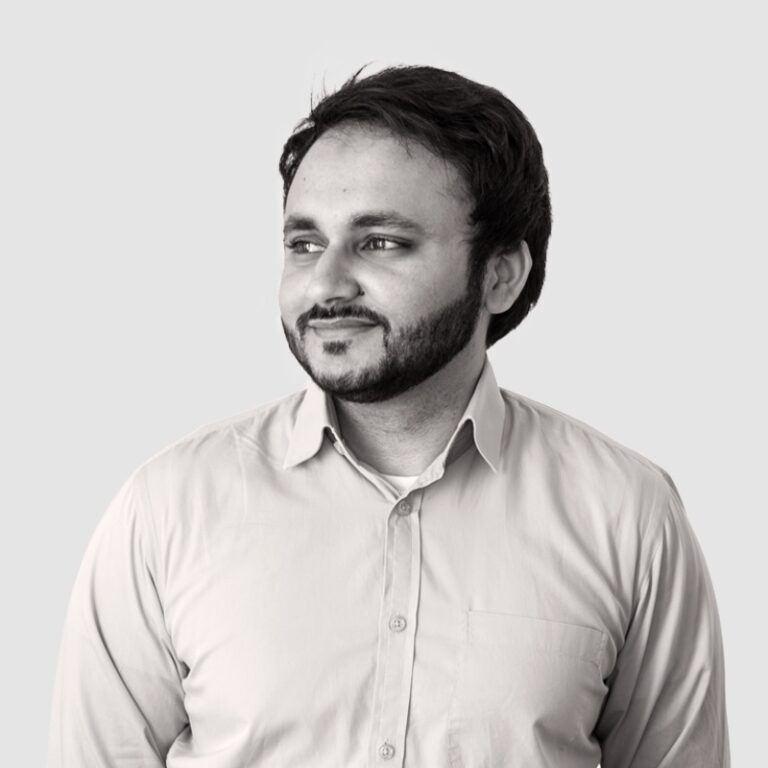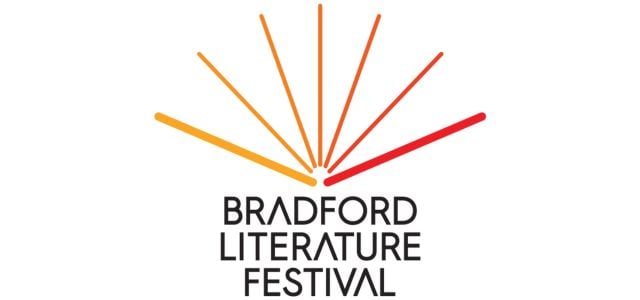The Art of Enlightenment – Islamic Contributions to Global Culture
Join us for a captivating panel discussion on Islamic art and architecture, featuring Dr. Silke Ackermann, Director of Oxford’s History of Science Museum, alongside Dr. Abdulrahman Azzam and Muhannad Shono, curators of the inaugural Islamic Arts Biennale in Jeddah. This event offers a deep dive into the profound impact of Islamic philosophies on global art and science. Saudi artist Muhannad Shono also shares his perspective on the enduring relevance of Islamic cultural heritage in contemporary art. Discover the beauty and influence of Islamic cultures in shaping our shared world.
About the Speakers

Abdul Rahman Azzam
Dr Abdul Rahman Azzam is a graduate of Oxford University where he completed his BA and PhD in history. He is the author of Rumi and The Kingdom of Joy (Muhammadi Trust, 2000) and in 2007 Longman published his biography of Saladin to critical acclaim.

Muhannad Shono
Multidisciplinary artist Muhannad Shono’s installations sprawl into neglected spaces: culturally, geographically and psychically, in order to challenge dominant cultural tendencies. Shono’s encounters with unusual perspectives — of landscapes or histories — inspire contemplative works that unearth alternative narrative paths. In many of Shono’s works, PVC pipes and silicon cables enact human behaviors and movements; combined and dispersed in large quantities, these connective components of global digitalization variously evoke mass exoduses or unusual tête-à-têtes between representatives of stratified social positions. Shono forges an allyship between artists and migrants as counterparts to authority: both observe culture from an outside perspective, enabling them to challenge those in power, alter world views, and spur change.

Silke Ackerman
Dr Silke Ackermann studied History, Languages & Cultures of the Orient, and History of Science at Frankfurt University. She worked for 16 years in curatorial and managerial roles at the British Museum in London. In 2014, she returned to the UK to join the History of Science Museum at the University of Oxford. Dr Ackermann’s main research interests include the transfer of knowledge between the Islamic World and Europe, Medieval and early modern scientific instruments in cultural and social context, and the history of astrology and calendars in Europe and the Islamic World.
As Director of the History of Science Museum, Dr Ackermann is working with her team to further develop the museum as an international centre for research, teaching and public engagement. An important part of this work has been the development of the award-winning Multaka-Oxford Project. ‘Multaka’ translates from Arabic to English as ‘meeting point’. Multaka-Oxford uses museums and collections as a meeting point for people to share experience, knowledge and skills. The project works in a three-way partnership of staff, volunteers and local community to create a platform for cultural dialogue.
About the Chair

Rizwan Ahmad
Rizwan is a passionate and experienced curator and researcher with over 15 years experience working on cultural, historical and archaeological projects in the Middle East. As Barker Langham’s Head of Research he leads a global research team, overseeing and assuring the quality of research methodologies, processes and outputs.
Rizwan has worked as a curator and overseen historical research for major international museums in the Gulf region, including the Oman Across Ages Museum, National Museum of Qatar, Al Shindagha Museums Dubai and several others. Rizwan previously worked as a curator at the British Museum on the Zayed National Museum project and on archaeological projects with the British Museum in Sudan. He led the historic objects workstream for the inaugural Islamic Arts Biennale within the curatorial and content team, and is proud to be acting as a Lead Curator – Historic Objects for this new edition.
Join Our Mailing List
By submitting this form you agree to our Privacy Policy and to receive marketing emails, including e-newsletters and event updates from Bradford Literature Festival.
